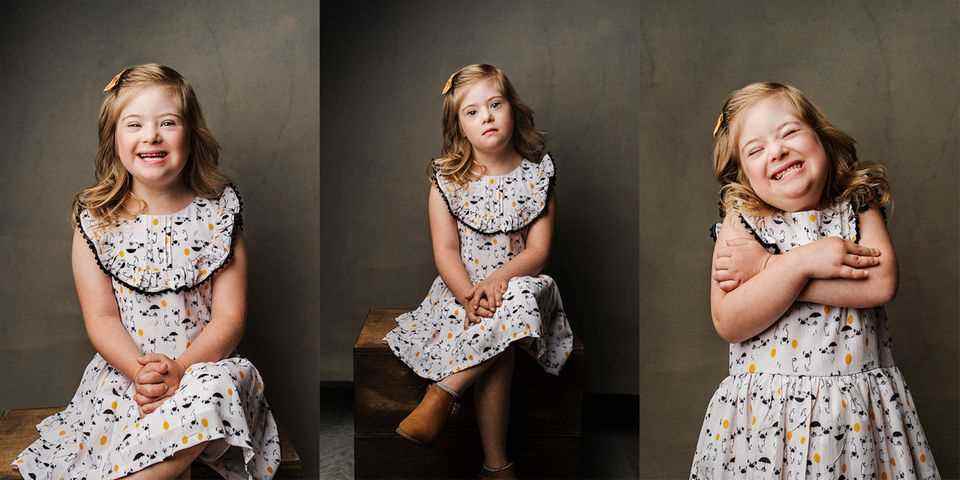checkout service?
Health insurance will pay for trisomy blood tests from July
© Bits and Splits / Adobe Stock
Prenatal blood tests for trisomy will be covered by health insurance from July. However, pregnant women must meet certain criteria.
As early as 2019, the Federal Joint Committee (G-Ba) of doctors, health insurance companies and clinics as well as the Federal Ministry of Health tended to agree to the proposal to assume the costs. But from July this change will also come into force. This ensures that the costs of the non-invasive prenatal tests (NIPT), which have been carried out for 10 years, no longer have to be borne by the parents in certain cases. Until now, parents have had to pay between 130 and 540 euros for this, depending on the provider. There is no risk of miscarriage with NIPT.
Not every family is entitled
The test costs should only be borne by the health insurance company “in justified individual cases in the case of pregnancies with special risks”. The prerequisite is an intensive medical consultation, reports the Tagesschau. The blood test makes it possible to isolate the child’s genetic material from the pregnant woman’s blood from the tenth week of pregnancy. Various gene effects such as trisomy 21, 18 and 13 can be identified.
Do the tests lead to stigma?
Since the introduction of the blood test, there have been voices in favor or against the diagnosis. Opponents see an ethical problem in the tests. After all, according to experts, the test result that the child could be born with a trisomy leads to an abortion in 90-95 percent of pregnancies.
Proponents see the health benefits for pregnant women in particular: namely that the tests today are more reliable and less risky than, for example, the invasive tests that have been carried out since the 1970s. In addition, family coverage can make a big difference. Disabled associations and the Catholic Church are rather critical of the new development. The German Bishops’ Conference, for example, expressed a “worrying trend towards regular selection,” as the Tagesschau reports. The Professional Association of Gynecologists (BVF) tends to support the adjustment. However, this makes education and genetic counseling for parents even more important.
Affected families with high-risk pregnancies are free to decide whether or not to continue the pregnancy after the diagnosis. It is not about discriminating against children or people with disabilities or stigmatizing their existence. Instead, it is just a solution to be able to offer a safe alternative to people for whom this knowledge is important, according to the G-Ba.
Because even with trisomy 21, 18 or 13, people can of course lead a fulfilled and happy life, just like their (sometimes non-disabled) parents. But at the same time, an illness carries several risks. For example, people with Down’s syndrome often have poor hearing or vision and are at increased risk of heart disease or a disorder of the digestive tract.
Sources used: Tagesschau, Aktion Leben, Techniker Krankenkasse


